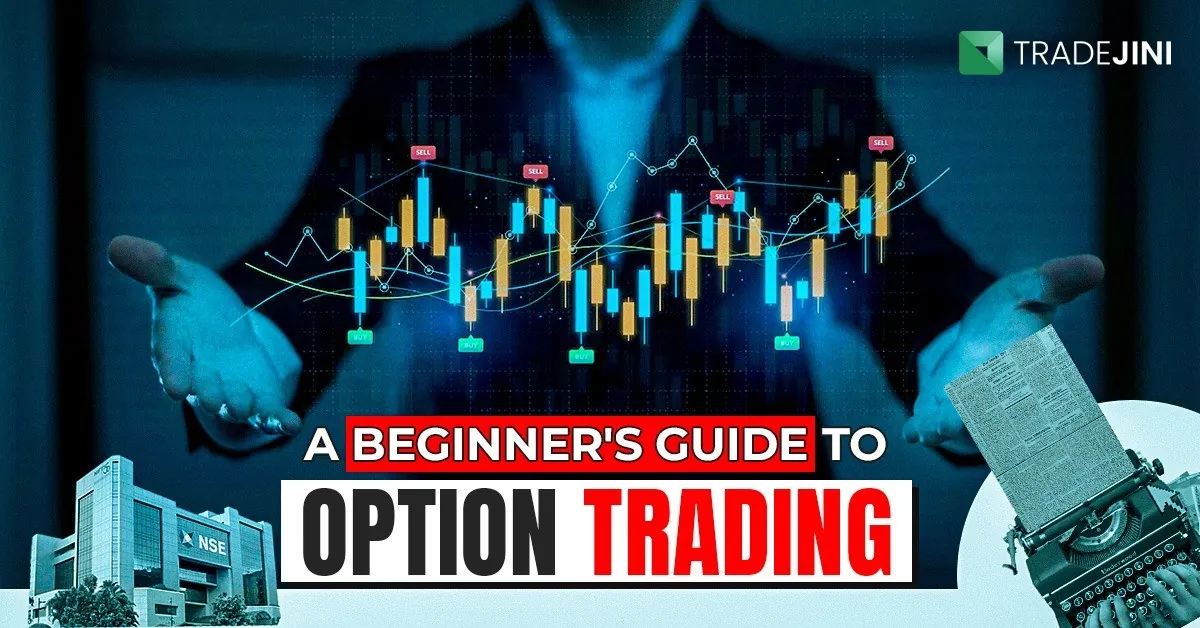In the financial markets, futures contracts are essential for investors looking to hedge risks or speculate on price movements of different assets. A key factor in trading futures is knowing the expiration date of a futures contract. This blog post will break down the concept of expiration dates in futures contracts in an easy-to-understand way.
What are Futures Contracts?
Before we delve into the expiration date, let's first understand what futures contracts are. Futures contracts are standardized agreements to buy or sell a specific asset at a predetermined price on a specified future date. These contracts are traded on exchanges and serve as a way for market participants to manage the price risk.
Significance of Expiration Date in Futures Contracts
The expiration date in a futures contract is the date on which the contract ceases to exist. Following this date, the contract is resolved either through cash settlement or by physically delivering the underlying asset, depending on the terms outlined in the agreement. It is essential to grasp the concept of the expiration date because it impacts various aspects of futures trading, including contract settlement and rollover strategies.
Also Learn: Rollover of Futures Contracts: Process, Risks, and Impact Explained
Key Points to Understand about Futures Expiry
Here are some important points to consider when it comes to the expiration date in futures contracts:
Contract Specifications
Each futures contract has specific details, including the expiration date, contract size, tick size, and settlement method. Understanding these specifications is crucial for trading futures effectively.
Monthly Futures Expiry Date
Futures contracts typically have monthly expiry dates, with each contract expiring on a specific date of the month. Traders need to be aware of these expiry dates to manage their positions accordingly.
Rolling Over Contracts
Traders who wish to maintain their exposure to a particular asset beyond the current contract's expiration date can roll over their positions by closing the expiring contract and opening a new one with a later expiration date.
Factors Influencing Futures Expiration
There are several factors that influence the expiration of futures contracts:
Market Conditions
Changes in market conditions, such as supply and demand dynamics, economic indicators, and geopolitical events, can impact the price of the underlying asset and, consequently, the futures contract leading up to the expiration date.
Rolling Costs
When rolling over futures contracts, traders incur costs associated with closing out the expiring contract and opening a new one. These costs, known as rolling costs, can affect the profitability of the trade.
Delivery or Cash Settlement
Depending on the type of futures contract, settlement at expiration can occur through delivery of the underlying asset or cash settlement based on the contract's value at expiry.
Managing Futures Expiry Risk
To manage the risks associated with futures contract expiration, one can employ the following strategies:
Monitoring Expiry Dates: Stay informed about the expiry dates of futures contracts you are trading to avoid unexpected positions at expiration.
Rolling Over Positions: Plan and consider rolling over positions before the expiration date to avoid potential disruptions in your trading strategy.
Setting Stop-Loss Orders: Implement stop-loss orders to limit potential losses in case the market moves against your position close to the expiration date.
Conclusion
In conclusion, the expiration date in a futures contract is a critical aspect that traders need to understand to navigate the futures market successfully. By grasping the concept of the expiration date, monitoring contract specifications, and implementing appropriate risk management strategies, traders can enhance their trading performance and make informed decisions.
Remember that futures trading involves risks, and it is essential to educate yourself on the intricacies of futures contracts, including the expiration date, to trade with confidence and achieve your financial goals. Stay informed, stay disciplined, and embrace the opportunities that futures trading offers in the dynamic world of financial markets.
Also Read: What is Volume in Trading, and How do Traders Use it?



